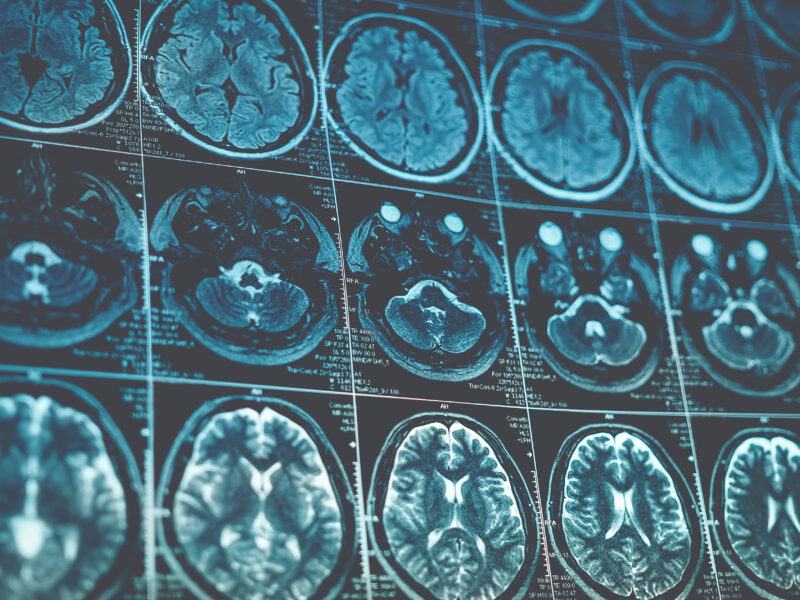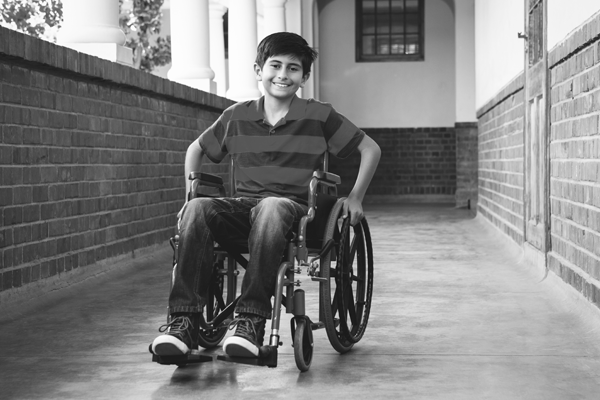Neurologists Urged to Consider MCA When Evaluations Don’t Support Claims
Neurologists Urged to Consider MCA When Evaluations Don’t Support Claims https://pediatricsnationwide.org/wp-content/themes/corpus/images/empty/thumbnail.jpg 150 150 Kevin Mayhood Kevin Mayhood https://secure.gravatar.com/avatar/bd57a8b155725b653da0c499ae1bf402?s=96&d=mm&r=g- April 28, 2016
- Kevin Mayhood
Up to half of medical child abuse cases include neurological symptoms
Medical child abuse (MCA) is highly variable, but neurologists are in a position to help detect up to half of these cases, researchers at Nationwide Children’s Hospital report.
Consistent with the authors’ clinical experience, studies estimate that abusive caregivers make up, exaggerate or induce neurological symptoms in 40 to 50 percent of MCA cases.
“Medical child abuse is a serious form of child maltreatment and can have significant morbidity and even mortality,” says Farah Brink, MD, a member of the Center for Family Safety and Healing at Nationwide Children’s and co-author of the new study. “It’s important to keep this diagnosis in mind.”
Physicians, especially pediatricians, are trained to believe a caregiver when they’re describing symptoms for their child, Dr. Brink says. But in MCA cases, a caregiver will make up symptoms or use medications, poison or physical means, such as asphyxia, to induce them.
In nearly 42 percent of MCA cases there are claims of or symptoms of epilepsy. A small percentage of apparent life-threatening events involving infants are the result of MCA, most often either fictitious reports of or induced apneic episodes or cyanotic spells. In other MCA cases, symptoms included abnormal or ataxic gate, weakness and paralysis, chronic headaches, nystagmus and loss of vision.
“We prescribe a lot of medications that, when given inappropriately or overdosed, can produce these symptoms,” says Anup Patel, MD, a neurologist in the Section of Neurology at Nationwide Children’s and study co-author. He urges colleagues: “Remember this when a case does not make sense.”
The key to an MCA diagnosis is when subjective claims of a caregiver fail to be confirmed by objective medical evaluations, the researchers say.
Red flags include:
- Subjective symptoms described by caregivers that seem to be unexpected or extraordinary.
- An elaborate medical history that’s provided by the same caregiver at each presentation.
- Signs and symptoms that seem inappropriate or incongruous with typical manifestations of medical disorders.
- A history of multiple medical evaluations by various medical providers that have been inconclusive or negative.
- A history of appropriate treatment for certain medical conditions that seem to be ineffective or poorly tolerated.
“It’s a process of elimination to get to MCA,” Dr. Patel says. “Every child and family deserves an investigation into every possible illness before we go down that path. But when the facts do not add up, utilize the MCA experts and involve them early.”
Reference:
Doughty K, Rood C, Patel A, Thackeray JD, Brink FW. Neurological manifestations of medical child abuse. Pediatric Neurology.2016 Jan;54:22-8.
About the author
-
Kevin Mayhoodhttps://pediatricsnationwide.org/author/kevin-mayhood/
-
Kevin Mayhoodhttps://pediatricsnationwide.org/author/kevin-mayhood/April 25, 2015
-
Kevin Mayhoodhttps://pediatricsnationwide.org/author/kevin-mayhood/April 25, 2015
-
Kevin Mayhoodhttps://pediatricsnationwide.org/author/kevin-mayhood/April 25, 2015







